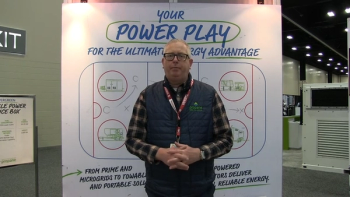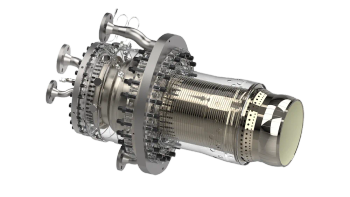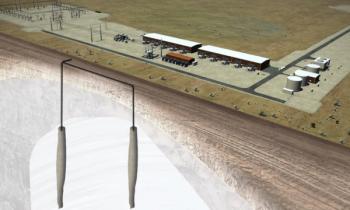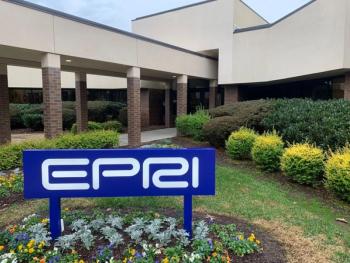
New classification system simplifies filter selection
The revised ISO 29461-1 standard has recently come into force. It classifies air filters for the intake air filtration of turbomachinery.
Site- and plant-optimized solutions in intake air filtration offer operators of turbomachinery valuable potential for optimization in terms of performance, operational reliability, and ease of maintenance. Up to now, the available test standards ISO 16890 (formerly also EN 779) and ISO 29463 / EN 1822 have only been of limited help when it comes to meaningful evaluation and needs-based selection of intake air filters for rotary machines such as gas turbines and compressors. The reason is that they were designed for filters used in general ventilation and air-conditioning systems. This has changed with Part 1 of the revised ISO 29461, established in September 2021. In a universally applicable manner, the new standard defines the decisive criteria for air filter intake systems for the protection of turbomachinery. It also specifies how the corresponding performance parameters of static air filters used in such systems are determined and classified. The 13 filter classes of the ISO 29461-1 standard create transparency, allowing filter performance to be objectively compared.
Dr. Thomas Caesar, Director Global Filter Engineering at Freudenberg Filtration Technologies, played a key role in this revision in Working Group 9 of Technical Committee 142 of the International Organization for Standardization (ISO). “The volume flow rates and final pressure drops used to determine dust-holding capacity have been adapted to the realities of turbomachinery”, he explained, citing one of the key novelties. The new standard now also describes the procedure for determining the dust-holding capacity of EPA and HEPA filters, which was previously not covered by the ISO 29463 and EN 1822 standards. In addition, ISO 29461-1 for the first time provides concrete installation specifications for testing round filter elements, i.e. filter cartridges. A further section of the standard, which is currently in the planning stage, will go beyond static filters’ testing and classification to include the evaluation of cleanable pulse filters.
Classification according to T classes
The new filter classes start with T1 to T4 for coarse dust filters, while classes T5 to T10 cover fine dust filters. Classes T 11 and T12 refer to EPA filters and class T13 corresponds to a HEPA filter.
Achieving performance gains with e.FFECT
As before, anyone who wants to optimize the performance and efficiency of turbomachinery beyond this rough T-class orientation can continue to benefit from e.FFECT, the simulation software from Freudenberg Filtration Technologies. Freudenberg’s filter experts use this tool to configure individually optimized intake air filter systems for turbomachinery operators, tailored precisely to the requirements of the plant and the specific ambient conditions on site.
More information about the new standard is available at
Newsletter
Power your knowledge with the latest in turbine technology, engineering advances, and energy solutions—subscribe to Turbomachinery International today.




